Couch to first half-marathon - what it taught me, ft. practical tips
First half marathon reflections: from overcoming self-doubt to finishing 21.1 km at 2:24, I share lessons, race-day insights, and practical tips on training, fueling, and recovery—resources for anyone ready to run their first half marathon.
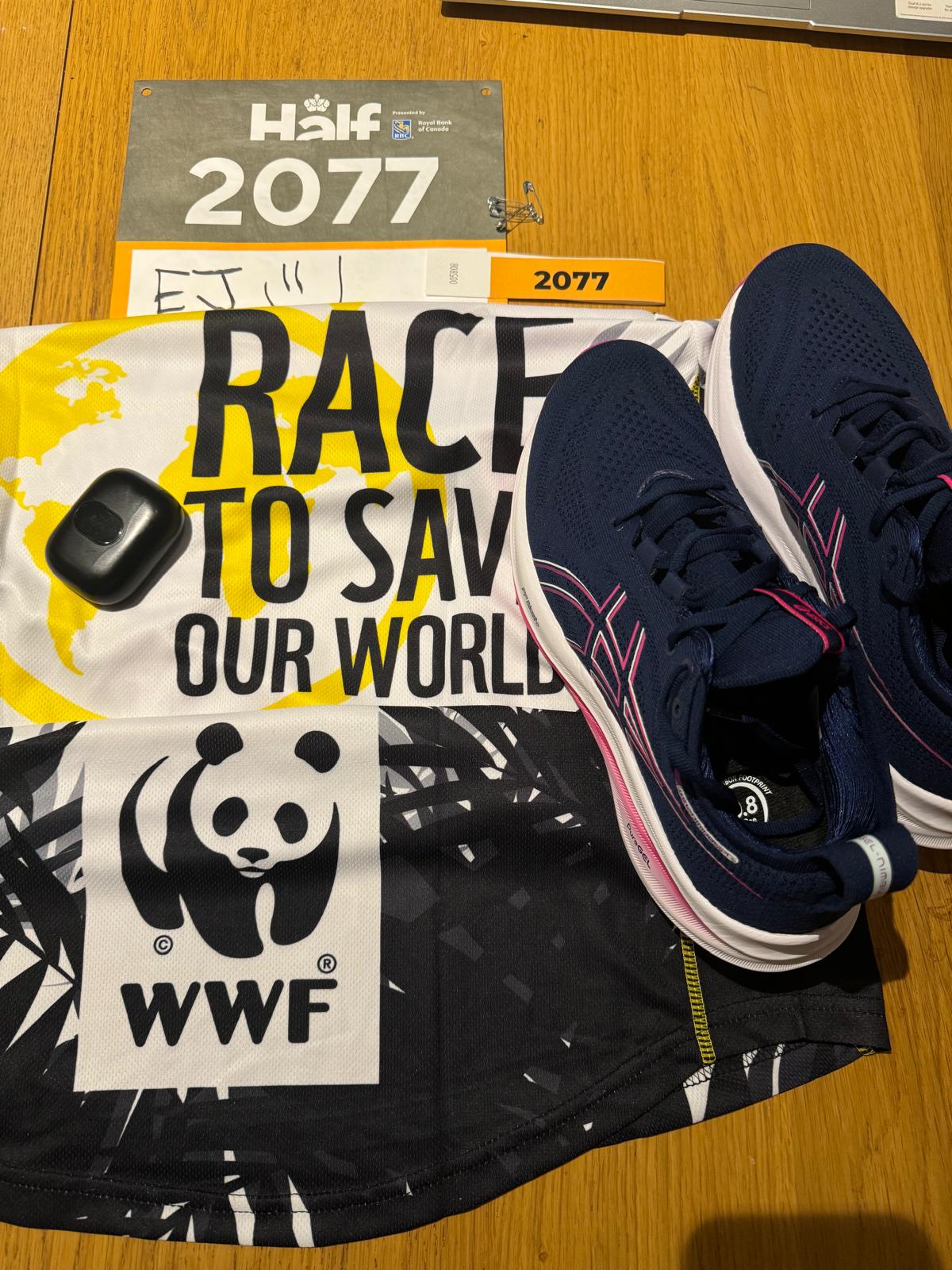
21.1 km. 2 hrs 24 min. 6:45/km pace. My longest run yet.
Special thanks to my friends, colleagues, mentors, the #Tracksmith community, and my PT @tj_master_personal_trainer (turning into a life coach, honestly) for making this possible.
I. How It Started & Lessons Learned
It began as a casual bet among friends — a bucket list challenge. I wanted to test my limits, and each stride became both an offering of peace to myself and a tribute to those I carry in my heart.
A decade ago, when I was an analyst in NYC, my VP ran her first marathon and shared her training journey with me. I was curious but never imagined I could run more than 5K. I had once been athletic — field hockey in high school, triathlon relays in Canada — but I hadn’t worked out in over ten years.
Fast forward to today: I showed up, tested myself, and earned a new level of self-trust. I hired a PT for a serious training; I needed to build foundational muscles ground up. It reminded me never to underestimate the influence of what we hear — consciously or unconsciously — from others. Had I not been exposed to Maggie’s story in NYC back then, I would never have dreamed of running a half marathon in my life.
What I learned: the training process taught me the importance of resilience, of getting to know myself better, and, most importantly, of recovery — sleep and nutrition matter. My biggest anxiety (as a recovering workaholic and perfectionist) was: What if I can’t run or finish on race day? I was pleasantly surprised to see many people running slowly — I didn’t need to maintain a 5ish/km pace. I allowed myself to ease into it, and finishing what I once thought impossible helped me rebuild trust in myself.
II. Race Day Vibes
The atmosphere reminded me of high school game days. Families with dogs cheered, strangers clapped, and the city felt like one big community.
There were challenges—nerves as a highly sensitive person (HSP), the crush of crowds in the final kilometers, and the mental battles around mile 10. But there were also unexpected joys: sprinting the last 100m, realizing my body had more in reserve than I thought, and—when all else failed—imagining myself lifted by the dragon of the City of London. 🐉
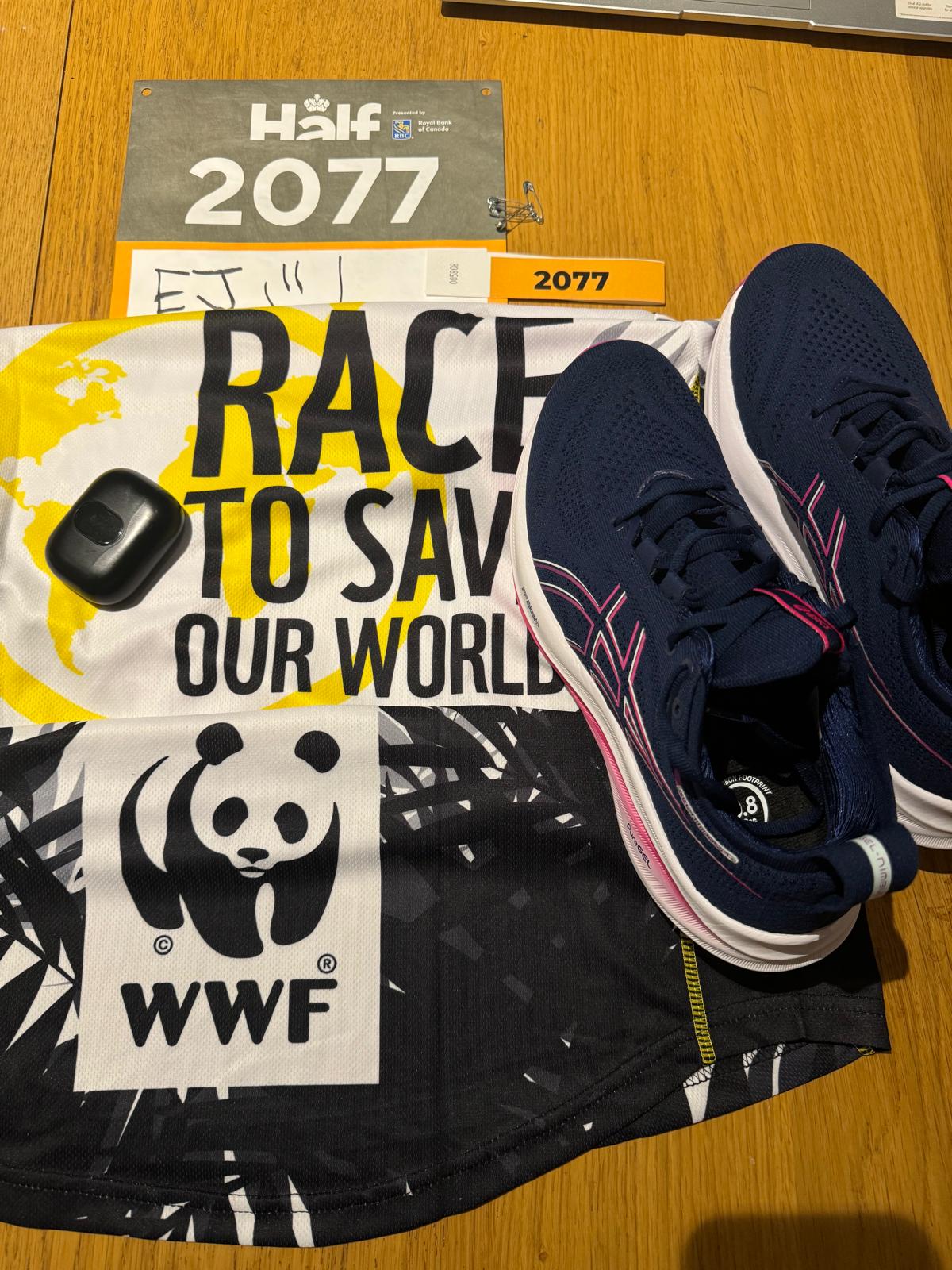
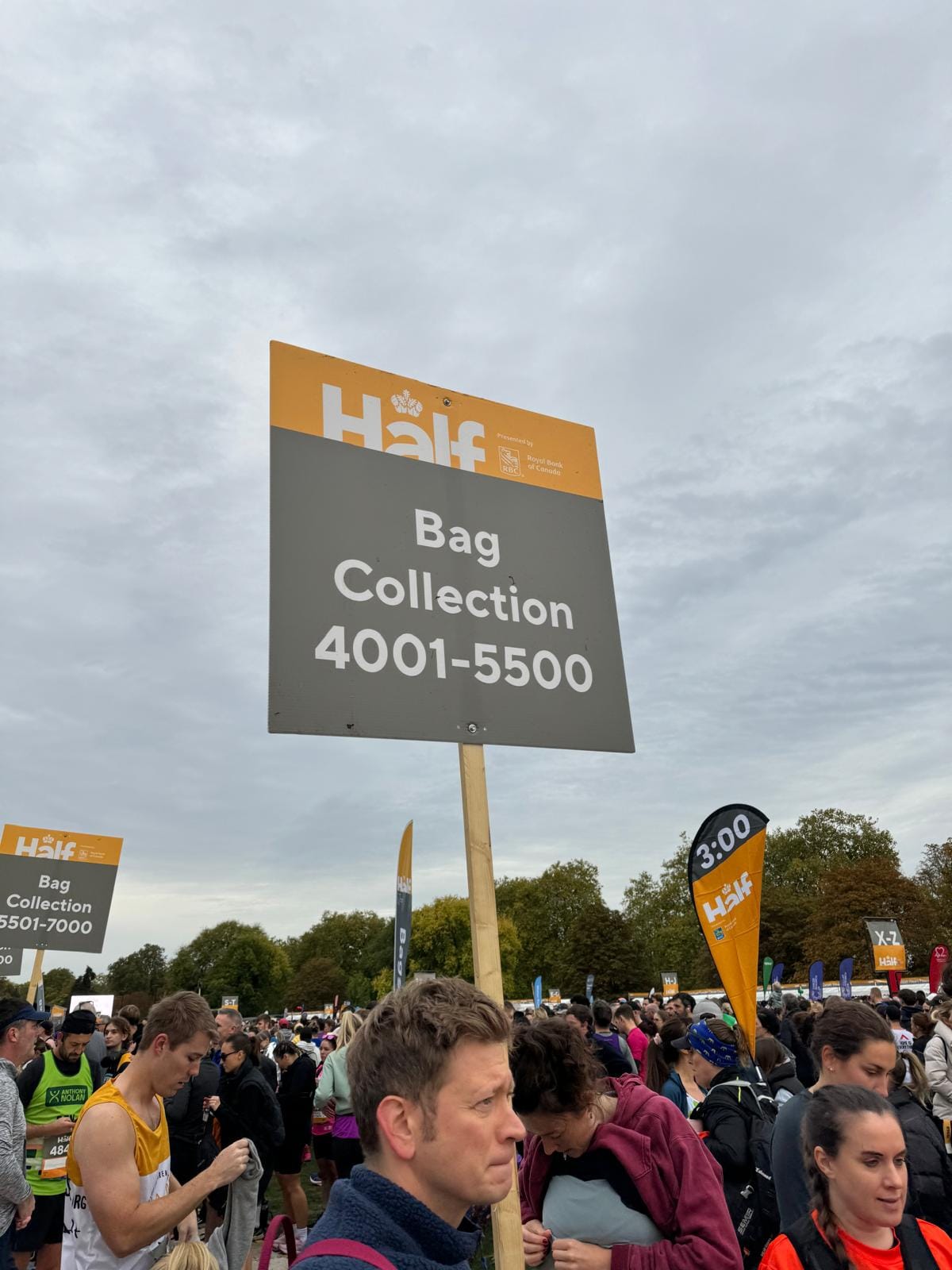
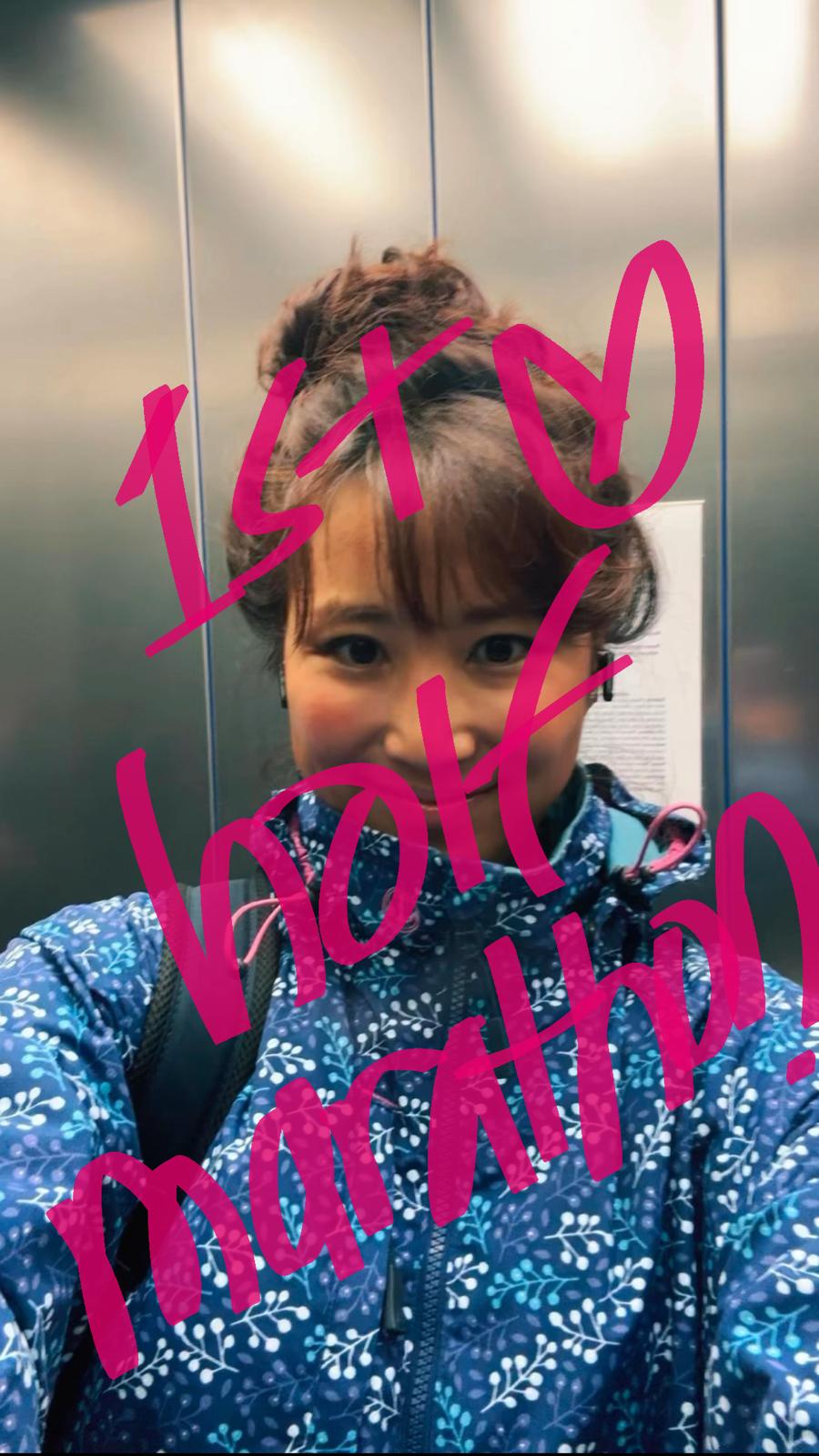
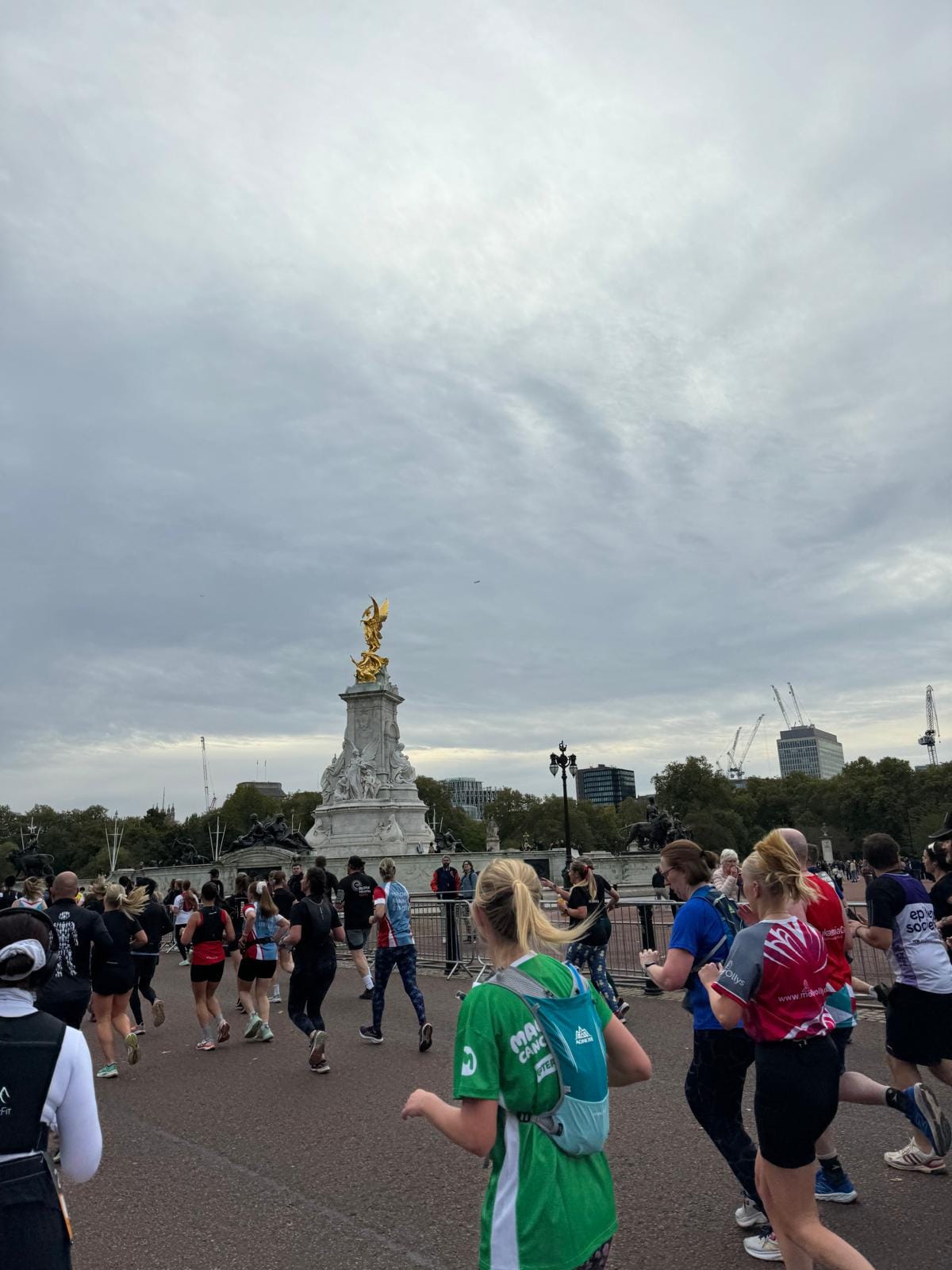
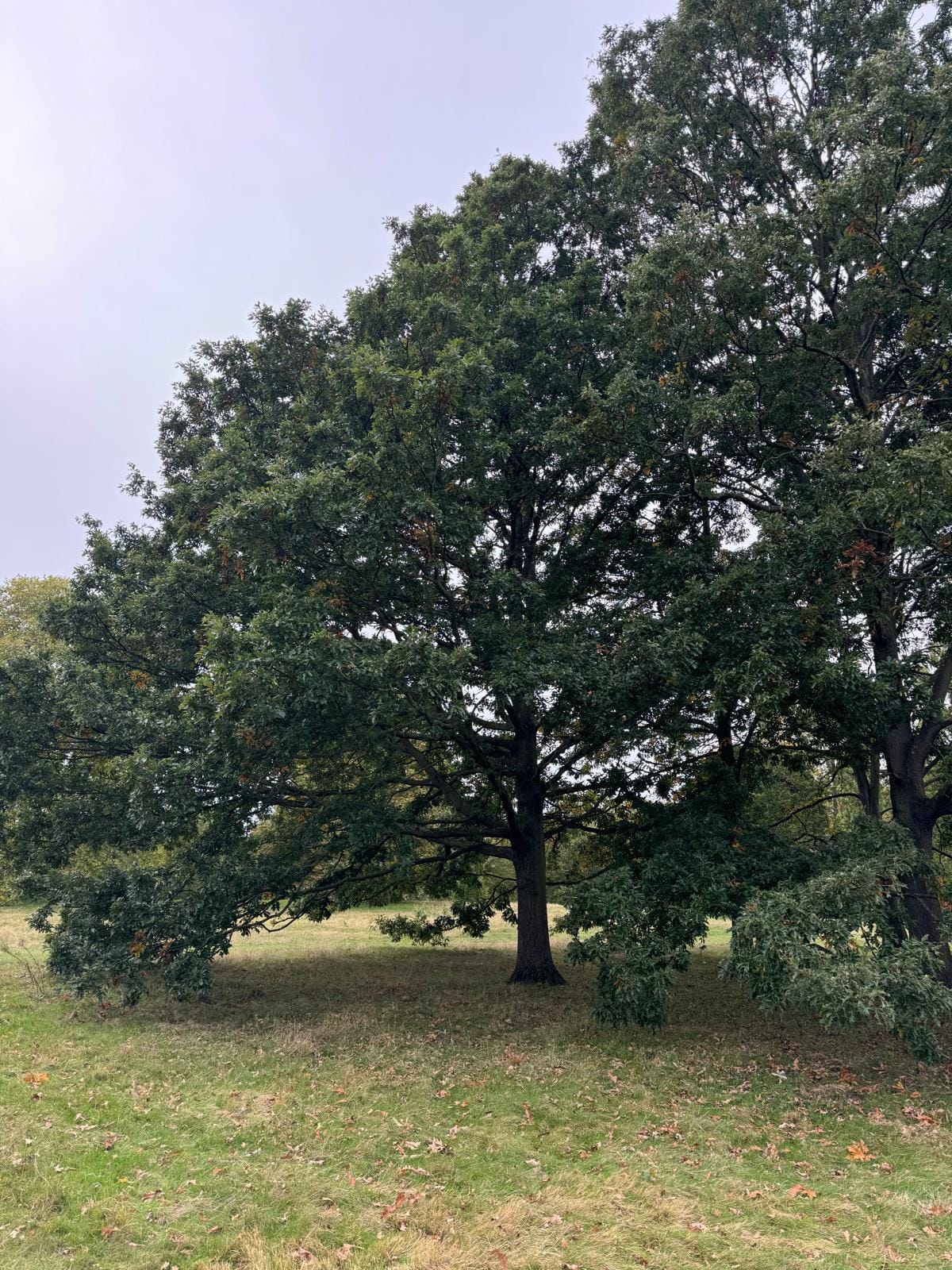
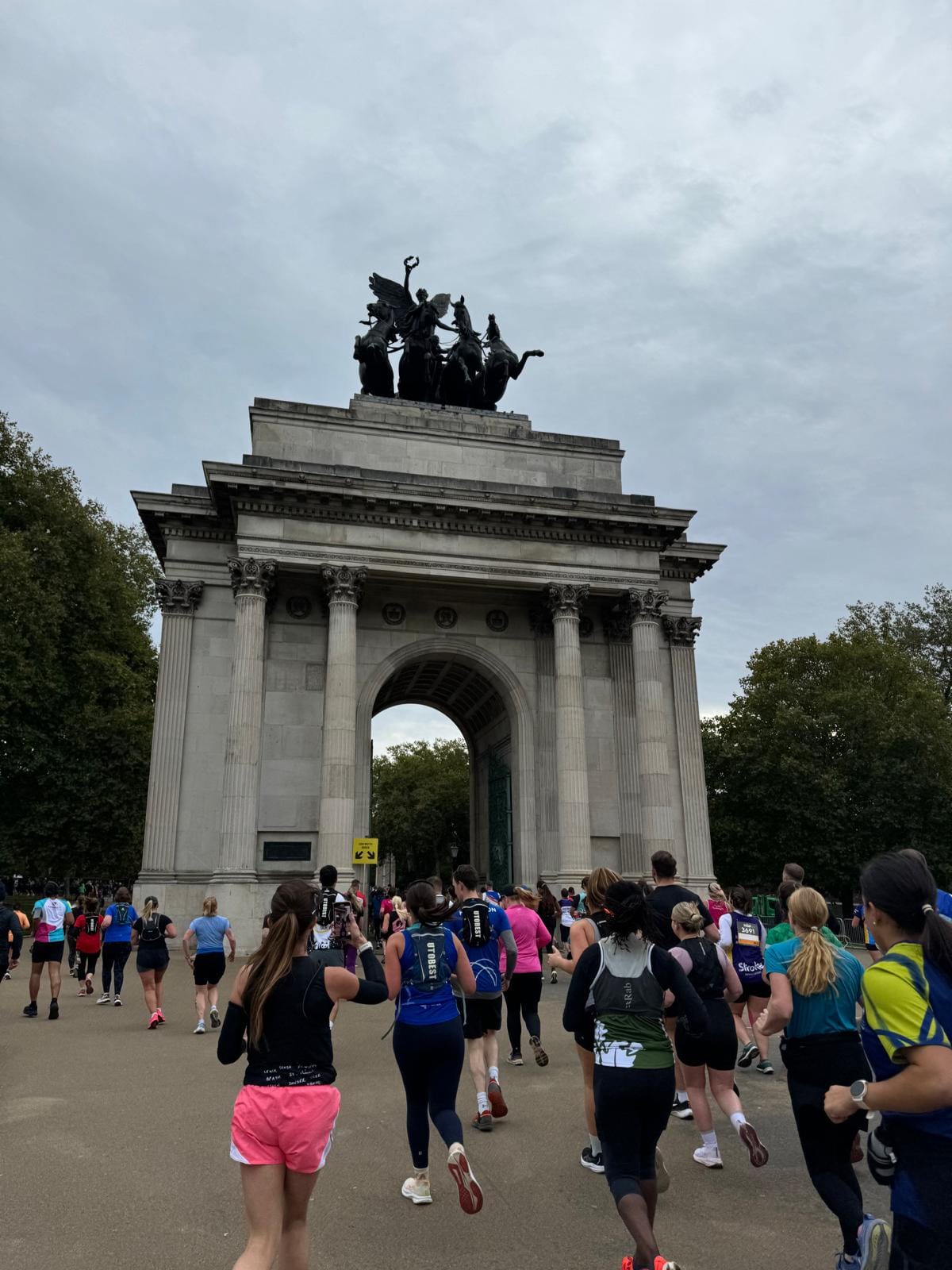
III. What’s Next
Now that I know I can do this, I want to run for something bigger. My goal is to raise money for the World Wildlife Fund and, eventually, create healing centers for animals, nature, and humans. I look up to mentors who’ve raised tens of millions for causes through running. That’s the runner—and changemaker—I aspire to become.
IV. Practical Tips for Your First Half-Marathon
- Fuel smart: Take gels before you’re exhausted (around 8K and 16K worked for me).
- Cover the distance: Walk or run, just get used to the route.
- Pace wisely: Start slow; save energy for the last 2–5K.
- Community races: If you run Royal Parks or similar, treat it as fun—the last 2K can be congested.
- Use treadmills: Perfect for practicing pace.
- Breathing: Efficient breathing is your secret weapon.
- Strength + conditioning: Essential for preventing injury.
- Intervals = speed: Mix in interval sessions to get faster.
- Endurance = miles: No shortcut—you have to log the distance.
- Consistency: Momentum matters; avoid long breaks.
- Carbs & hydration: Don’t skimp on fueling.
- Sleep = recovery: More important than you think.
- Stretch & mobility: Protect your body post-run.
- Sports massage/physio: Prevent tightness before it becomes injury.
- Injuries: When healed properly, they can make you stronger.
- Visualization: Watch other runners' videos on YouTube and visualise your racing day. Our brain doesn't distinguish between our visualization and actual things.
- Enjoy it: Running is as much about joy as it is about pace.
V. Final Reflection
Running has given me more than fitness—it’s gifted me community, new friendships, and the reminder that our bodies (and minds) are far more resilient than we think.
Wherever you are on your journey—be you, and be the light. 🌟
VI. Practical Resources for First-Time Half-Marathon Runners
📚 Books & Guides
- Born to Run by Christopher McDougall — inspiring stories on endurance running.
- 80/20 Running by Matt Fitzgerald — how to balance easy vs. hard training.
- Hal Higdon’s Half Marathon Training Plans (free online) — beginner-friendly and structured.
🎧 Podcasts & Media
- Rich Roll Podcast (endurance stories + lifestyle). My favorite!
- The Strength Running Podcast — training, injury prevention, and mindset tips.
- The Running Explained Podcast — science-based running advice simplified.
- Global Triathlon Networth is another must if you want to up your game!
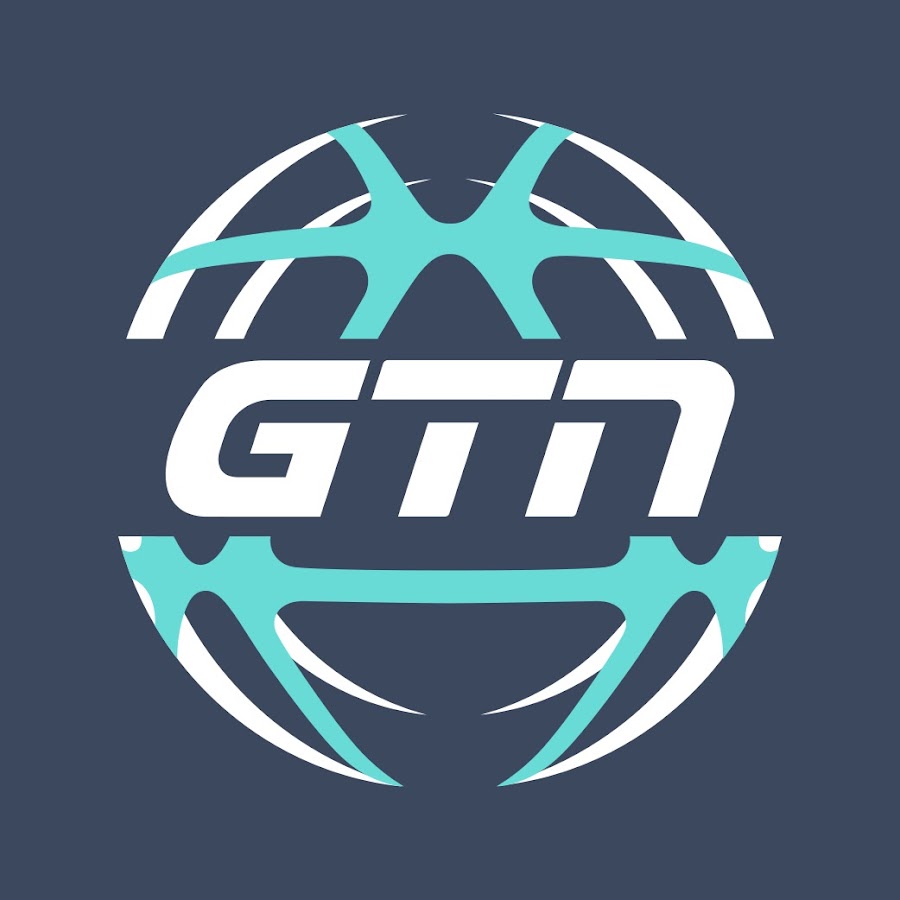
🏃 Training Apps & Plans
- Nike Run Club (NRC) — free guided runs + half marathon plans.
- Strava — track your runs, join local clubs, and analyze performance.
- Runna or TrainingPeaks — personalized structured plans.
👟 Gear Essentials
- Shoes: Get fitted at a running store (brands like Brooks, Asics, Hoka, Saucony).
- Fuel: Energy gels (GU, Maurten, SIS) — experiment before race day.
- Hydration: Lightweight bottles or hydration belts.
- Clothing: Moisture-wicking tops/shorts, good socks (avoid cotton to prevent blisters).
- Watch: Garmin, Coros, or Apple Watch for pace/distance tracking.
🧘 Recovery & Body Care
- Foam Roller + Massage Ball — for post-run tightness.
- Compression Socks — aid recovery.
- Sports Physio/Chiro — worth booking if training long-term.
- Yoga with Adriene (YouTube) — post-run stretches for runners.
🌍 Communities
- Parkrun (Global, free 5Ks every Saturday).
- Tracksmith Running Club (London, NYC, global pop-ups).
- Local running clubs — find one through Meetup, Strava, or your city’s athletics association.
- Charity running programs (WWF, cancer research, children’s hospitals) — combine purpose with your race.
VII. My other running posts
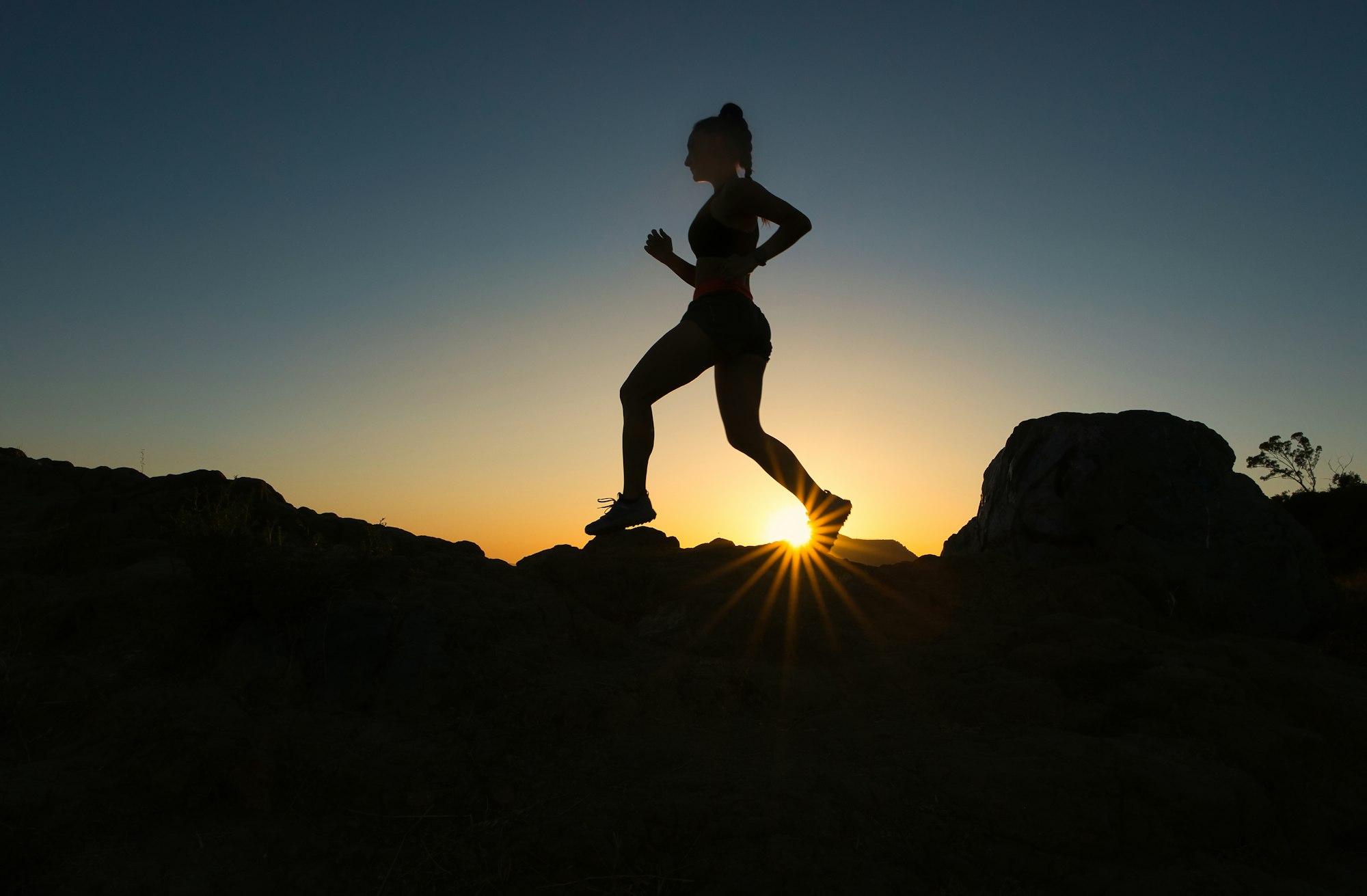
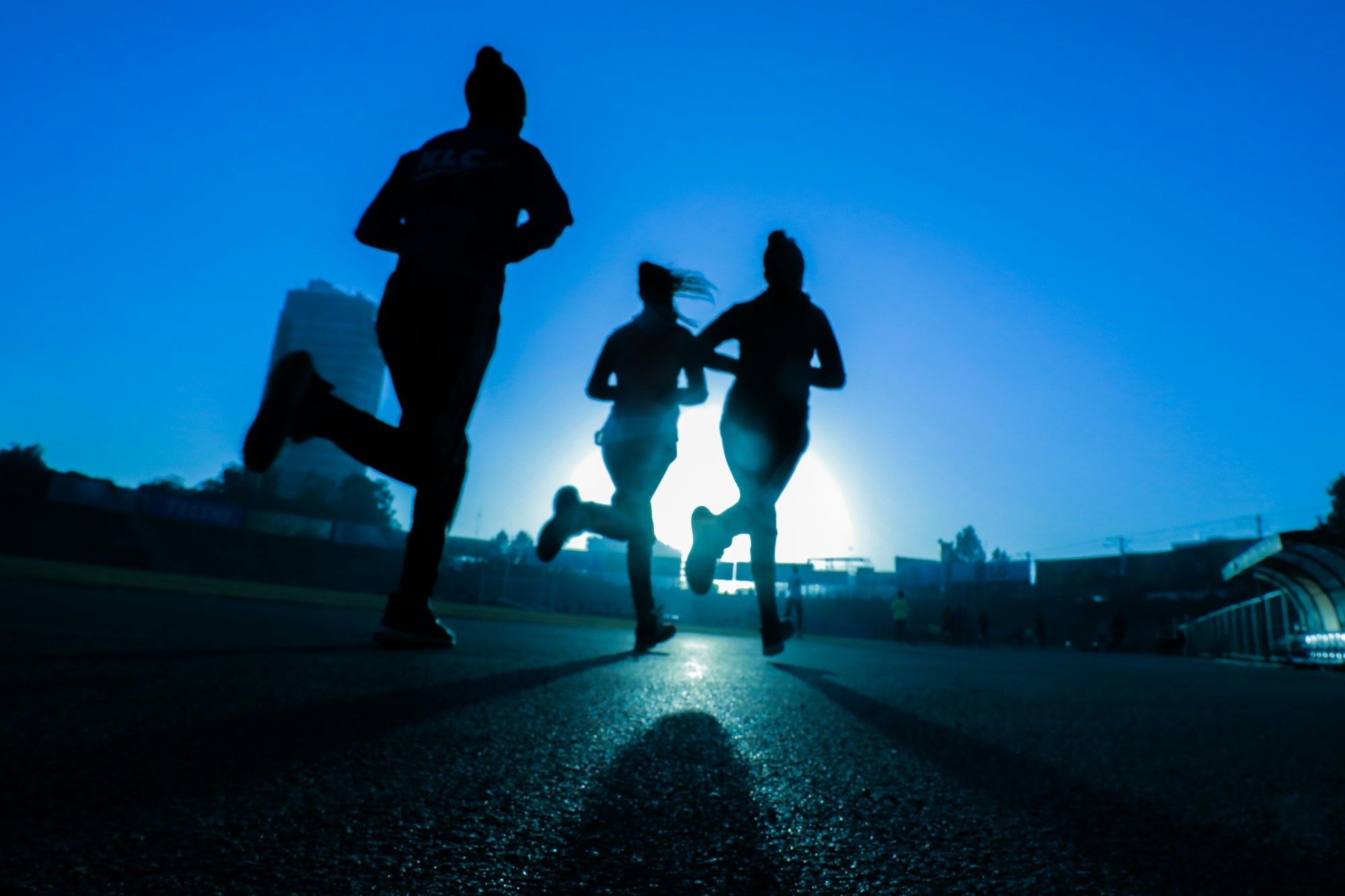



![Obsidian Memo]🍁 Returning to the Table: Notes on Thanksgiving, Distance, and Beauty of Gentle Caring Presence](/content/images/size/w720/2025/12/KakaoTalk_20251128_034620737-2.jpg)
![Finance | Leadership] How I Built a Global Career in Finance: A prelude to the upcoming series: Breaking Into Finance](https://images.unsplash.com/photo-1676471049029-f93852da351d?crop=entropy&cs=tinysrgb&fit=max&fm=jpg&ixid=M3wxMTc3M3wwfDF8c2VhcmNofDl8fG1vdW50YWluJTIwZXZlcmVzdHxlbnwwfHx8fDE3NjQwNTgyMjB8MA&ixlib=rb-4.1.0&q=80&w=720)
![Obsidian Memo | Culture Shocks] From Seoul to Toronto to New York to London: A Life in Translation](/content/images/size/w720/2025/10/Emily-in-Paris.jpg)